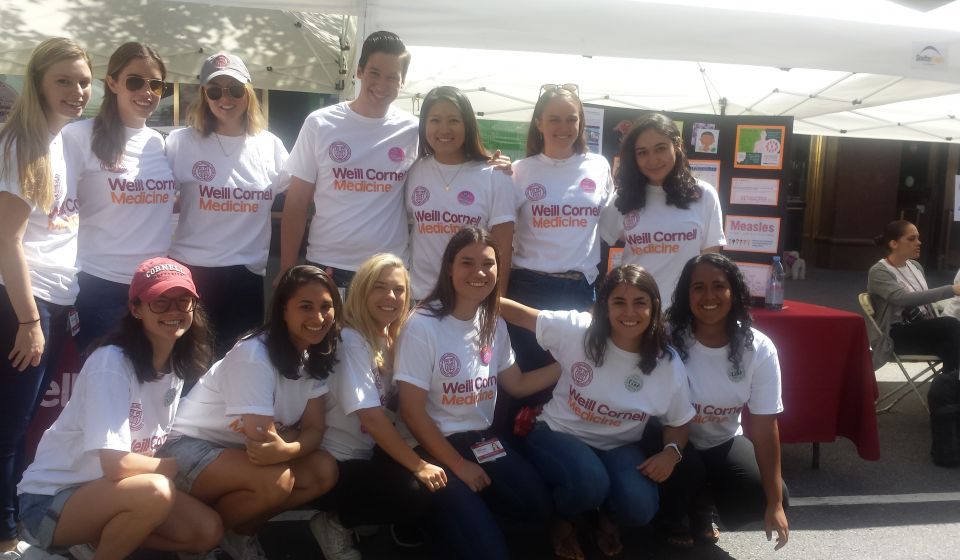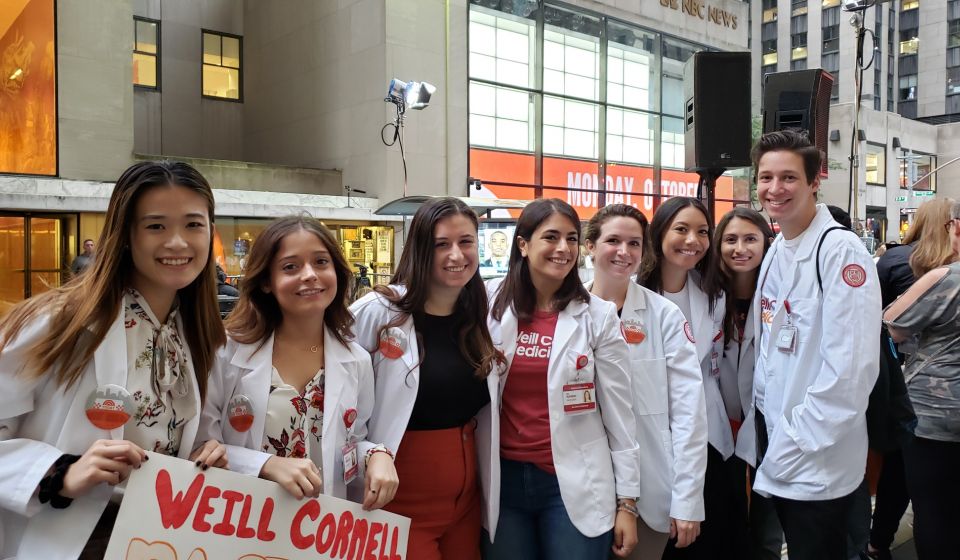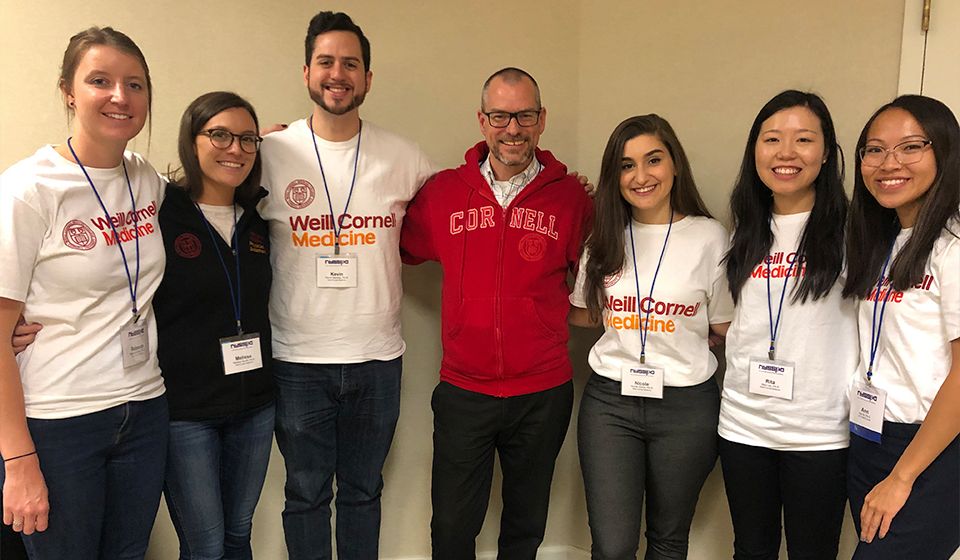Overview
The Weill Cornell Medical College Master of Science in Health Sciences for Physician Assistants (MSHS PA) program is a twenty-seven-month intensive course of study to educate students to become Physician Assistants. The program begins in early March each year and is comprised of two phases of study: a classroom intensive pre-clinical phase and a clinical phase.








